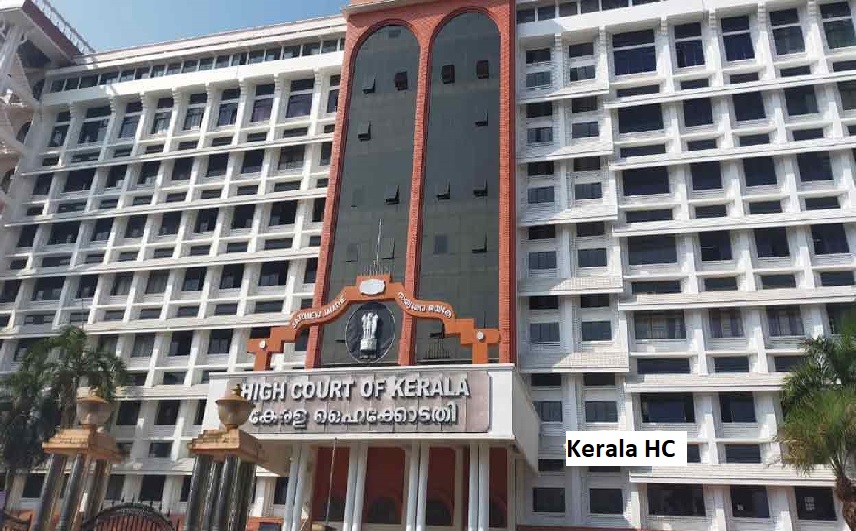


To prevent naming and registration disputes, the Kerala High Court recommends creating a database for societies registered under the Travancore-Cochin Literary, Scientific, and Charitable Societies Registration Act ('TC Act'), enabling District Registrars to manage such conflicts efficiently.
This recommendation was prompted by a case brought by the J.C. Daniel Foundation, Kowdiar, Trivandrum, a registered society under the TC Act. They alleged that two other societies, J.C. Daniel Foundation in Perumbayikode, Kottayam, and J.C. Daniel Foundation in Palayam, Thiruvananthapuram, were also registered under the same name under the Act.
The petitioner thus claimed that the respondents attempted to pass off as the former.
In response, the Court was informed that the District Registrars were unaware of the first petitioner's status as a registered society. The petitioners were advised to contact the Inspector General of Registration, who could initiate appropriate actions within the statutory framework. However, it was clarified that the authority couldn't cancel registrations; such relief could only be obtained through orders from competent Civil Courts.
At first glance, this situation poses a genuine problem because without a database accessible to District Registrars to check for the registration of entities under the same name, disputes like the one before us will continue to arise. A method similar to the one currently used for registering companies and firms should be established for societies seeking registration under the "TC Act." This Court suggests that the competent authorities gather and maintain all relevant information in a comprehensive database that can be readily accessed by the respective Registrars in the future. - Justice Devan Ramachandran, Single Judge Bench
Justice Ramachandran promptly noted that the aforementioned was merely a suggestion, as the decision fell within the policy jurisdiction of the competent authorities.
Regarding the current case, the Court expressed the view that the petitioners would need to approach the Inspector General of Registration or the appropriate Civil Court to seek the necessary remedies against the respondent foundations.
The Court emphasized that it could not issue affirmative declarations because doing so would necessitate a thorough examination of various pertinent factual and documentary elements, especially regarding the registration dates of the involved entities and other related information.
"In the given circumstances, I grant approval to this writ petition, allowing the petitioners the freedom to approach the fourth respondent – Inspector General of Registration or the competent Civil Court using suitable legal channels. However, should the petitioners choose to first approach the fourth respondent (Inspector General of Registration) within three weeks from the date of receiving a copy of this judgment, the said authority shall provide a hearing to them, as well as to respondents 7 to 12 or any other relevant parties, resulting in an appropriate order and the necessary actions taken as promptly as feasible, but no later than three months thereafter."
TAGS: Allow Writ petition Inspector General of Registration Competent Civil Court Appropriate means Three weeks Hearings.